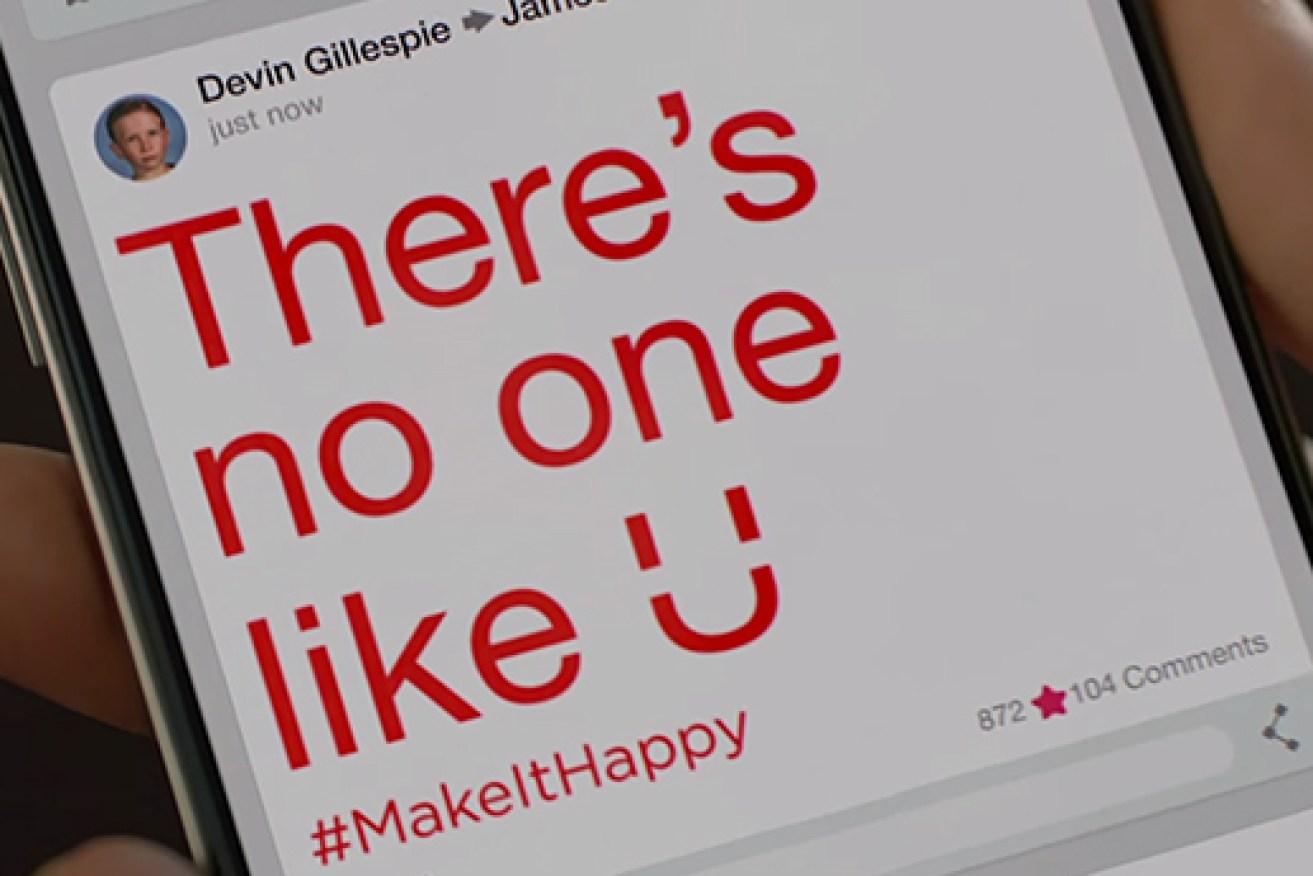Coke tricked into tweeting Nazi propaganda


Once again an expensive, hyped-up and popular social media campaign has been derailed by online trolls.
This time, Coke was in the firing line and Adolf Hitler was the ammunition.
Coke’s #MakeItHappy social media marketing campaign started out with the best of intentions – to turn nasty messages from trolls and cyber bullies into positive messages.
By using an automated system, @CocaCola asked Twitter users to add the hashtag #MakeItHappy to nasty tweets so they could create a positive picture using ASCII art that contains the words from the tweet.
Want a happier Internet? Reply to a negative tweet with #MakeItHappy. We’ll turn that negativity into happiness. https://t.co/SKEiYMLL8y
— Coca-Cola (@CocaCola) February 2, 2015
But, this is the Internet. And no matter how hard a brand tries to spread some joy, there will always be someone to rain on their parade.
Enter Gawker.
The popular online blog noticed that Coke was using automation for their Twitter campaign when it picked up a tweet promoting white nationalism from Gawker’s @caityweaver: “we must secure the existence of our people and a future for White Children.”
• #MyOzObituary: honesty prevails
• The best new apps of 2015
The Gawker Editorial Labs director Adam Pash created a tweet bot (@MeinCoke) that would tweet out, line-by-line, Hitler’s infamous book Mein Kampf – which outlined his plans for the Holocaust – with the #MakeItHappy hashtag.
And sadly for Coke, the Twitter algorithm picked up on the tweets and converted them to happy smiling images of cats and bumblebees plastered with lines from Hitler’s book for their 2.8 million followers to see.

“A task to which we should devote our lives and in the pursuit of which every possible means should be employed.” Source: Gawker
But who is to blame?
While some people have been throwing hate at Gawker for spoiling a campaign that was trying to do something nice, Coke, a brand that has consistently been ranked in Interbrand’s list of Best Global Brands should have known better.
When a brand that has millions of followers runs a new online campaign that involves retweeting or responding to messages, they are presumably inundated with thousands of tweets that make it difficult to track.
However, Coke should have been using a human rather than a robot to vet the tweets.
Take Telstra’s ‘Billboard of Love’ as an example of a brand doing it well.
For the last few years the telco has erected a giant billboard above its Bourke St store in Melbourne to displays messages of love on Valentine’s Day.
With over 30,000 messages received each year, Telstra uses a program to weed out any containing naughty words and then has a team of real-life humans checking the other messages for anything sneaky.
While Coca Cola’s campaign has since been pulled and the tweets have been deleted, it is a timely reminder to brands and businesses that if you’re going to use the internet for marketing, you need to be prepared for people trying to destroy your campaigns.








